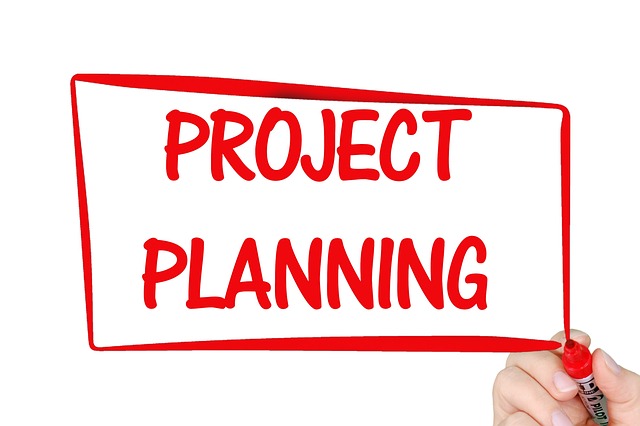Event Planning for Local Businesses requires setting clear objectives like fostering partnerships, attracting clients, or showcasing unique offerings. Tailor strategies based on these goals, considering target audience (peers, influencers, investors) to maximize impact. Defining purpose guides event strategy, customizing activities and atmospheres for brand awareness, community collaboration, lead generation, or sponsorship attraction. Understanding ideal attendees and potential sponsors is key to creating a tailored, engaging event that aligns with Event Planning for Local Businesses.
Networking events are a powerful tool for local businesses looking to thrive through strategic connections and partnerships. Efficient planning is key to ensuring these events achieve their intended objectives, whether it’s brand awareness, lead generation, or community building. This article guides you through the process of optimizing your networking event, from setting clear goals and choosing the right venue to effective promotion and engaging strategies, tailored for local businesses aiming to make a lasting impact.
- Setting Clear Objectives
- – Defining the purpose of the event: brand awareness, lead generation, community building, etc.
- – Identifying target audiences and potential sponsors.
Setting Clear Objectives

When planning networking events for local businesses, setting clear objectives is paramount. Before diving into event logistics, define the primary goals. Is it to foster new partnerships, attract potential clients, or showcase a business’s unique offerings? Each objective requires tailored strategies and activities. For instance, if the focus is on client attraction, designing engaging sessions that highlight problem-solving solutions could be pivotal.
Event planners should also consider the target audience. Who are you aiming to attract: industry peers, local influencers, or potential investors? Aligning objectives with your desired attendees ensures effective interactions and maximizes the event’s impact. This structured approach, when incorporated into event planning for local businesses, paves the way for meaningful connections and successful outcomes.
– Defining the purpose of the event: brand awareness, lead generation, community building, etc.

When planning a networking event for local businesses, defining the purpose is the first step to ensure its success. The goal could range from boosting brand awareness and establishing a strong business identity in the community to lead generation and potential partnerships. For instance, if the focus is on brand awareness, the event should highlight unique selling points, showcase products or services, and create memorable experiences that resonate with attendees’ needs and interests.
For community building, networking events offer an excellent platform for local businesses to connect, fostering a collaborative environment that can lead to mutual support, shared resources, and collective growth. Lead generation is another critical purpose, providing opportunities for businesses to meet potential clients, gather valuable insights, and establish connections that may translate into sales or business partnerships. Event Planning for Local Businesses should, therefore, tailor the event’s activities, theme, and atmosphere to align with these objectives.
– Identifying target audiences and potential sponsors.

When planning a networking event, it’s crucial to identify your target audience and potential sponsors. The first step involves understanding who you want to attract—local business owners, entrepreneurs, industry professionals, or community leaders? Each group has distinct needs and interests, so tailoring your event to their preferences is key for success. For instance, if focusing on local businesses, offer workshops on small-business marketing strategies or invite speakers who specialize in supporting local economies.
Additionally, consider approaching potential sponsors who align with your event’s theme. Local companies often welcome opportunities to connect with their community and promote their brand. Offer sponsorship packages that include table displays, speaking opportunities, or exclusive networking time with attendees. This not only supports the financial costs of the event but also fosters partnerships that benefit both parties in the long run, especially within the context of Event Planning for Local Businesses.
Efficient networking events are a powerful tool for local businesses looking to grow their reach and strengthen connections within their community. By setting clear objectives, identifying target audiences, and strategically planning each aspect of the event, business owners can create meaningful experiences that attract attendees, generate leads, and foster lasting relationships. In today’s competitive market, successful event planning can be a game-changer for local businesses aiming to stand out and thrive.






